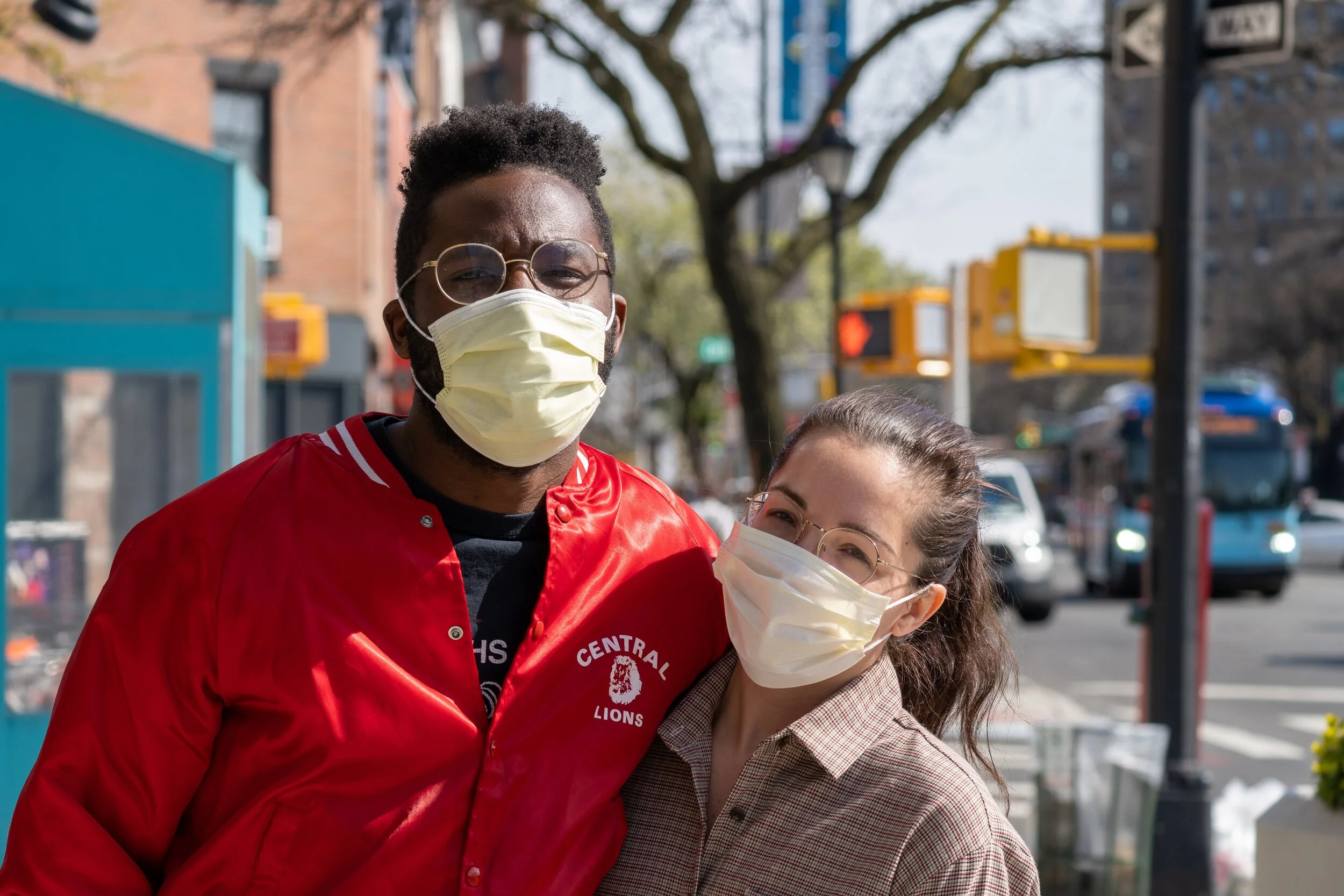Vitamin D3 and COVID-19
Photo by Julian Wan on Unsplash
Last summer I wrote a blog on Vitamin D and how beneficial it is to our immunity. In recent months, there has been growing debate over the potential benefits of Vitamin D3 in the fight against COVID-19. A study from the University of Chicago showed that “patients who have lower vitamin D levels were more likely to test positive for COVID-19”. Other studies show that patients with lower vitamin D levels who are diagnosed with COVID-19 tend to have worse outcomes.
It has come to the attention of researchers that the elderly, those with comorbidities and those with darker skin seem to be at higher risk of COVID complications. In the United States, an estimated 41 percent of adults are deficient in vitamin D. People with darker skin are at greater risk — 63 percent of Hispanic people and 82 percent of Black people have low vitamin D levels. Other factors increase the risk of vitamin D deficiency, including age, limited sun exposure, obesity, and certain medical conditions. Doesn’t this sound similar to the risks for COVID? “Paul B. Dean MD strongly believes there is an important link between vitamin D deficiency and skin pigmentation. Though darker skin tones have more melanin, a natural protector from sun damage, the darker pigmentation reduces the skin’s ability to effectively absorb sunlight and produce vitamin D. As for older individuals, as we age our body loses some of its ability to synthesize vitamin D from sunlight.
Other studies have found that places farther from the equator have higher rates of COVID deaths. This could be circumstantial, since we have learned that COVID spreads much easier in enclosed places. In colder environments, there is typically more time spent indoors.
Much more research is needed to determine if and how Vitamin D3 is beneficial in the fight against COVID. There does however seem to be a link, if nothing more, in the expected outcomes. So, it seems that there are good reasons to consider taking a vitamin D supplement.
As I stated in my original blog on Vitamin D, it is one of the vitamins that can be toxic at high doses. Therefore, it is always a good idea to have your doctor measure your blood levels before supplementing. Your physician can help you to determine the proper level of supplementation for you based on your baseline blood levels.
Vitamin C and Zinc are also being studied, at the Cleveland Clinic, for their potential roles in minimizing the effects of COVID-19. As we await the distribution of the multiple vaccines that have been developed for COVID-19, we can all work to improve our immunity and minimize both the chance of contracting COVID as well as minimizing the symptoms by supplementing with Vitamin D3 as well as Vitamin C and Zinc.

